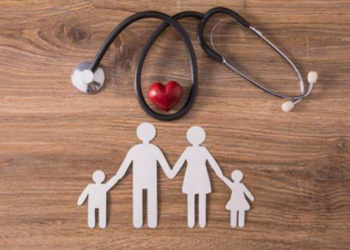Many people trying to shed pounds have seen their diets stall after a certain amount of weight loss. A new study shows how the body’s metabolism slows as a way to balance the lower amount of calories that are consumed.
An analysis of data from 65 dieting white and Black women, ages 21 to 41, revealed that their bodies could adapt to burn, on average, 50 fewer calories a day. Some of the women, who were initially overweight or obese, adapted to the weight loss to use hundreds of fewer calories per day, according to the report published Thursday in Obesity.
This “metabolic adaptation” is a response to weight loss by decreasing the resting metabolic rate — that is, the number of calories a person needs to keep critical systems functioning, such as the heart and the lungs.
“Metabolic adaptation during weight loss can make it harder for people to achieve their goals,” said the study’s first author, Catia Martins, an associate professor of nutrition science at the University of Alabama at Birmingham. “In this study we found people with more metabolic adaptation took longer to achieve their weight-loss goals.”









